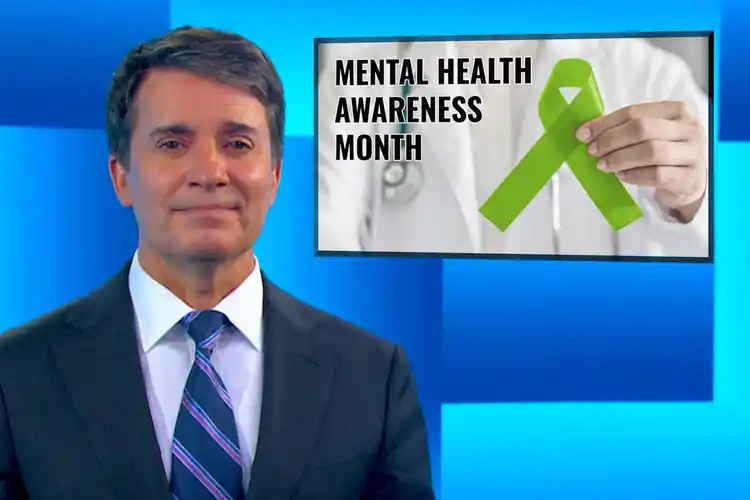5 Tips to Maximize Your Mental Health

Hide Video Transcript
Video Transcript
[MUSIC PLAYING]
One, spend time on self-care. By that I mean make sure you try to eat healthy, get restorative sleep-- which, for most people, is between seven to nine hours every night-- and engage in physical activity most days of the week.
Two, try mindfulness. Over the past few years, we've come to understand the powerful connection between our minds and our body. The aim of mindfulness is to bring your awareness to the present moment, whether you're sitting quietly, running errands, vacuuming, or even walking the dog. Whatever you're doing, you're being conscious of the experience. Even 10 minutes a day can help address anxiety and improve mood. There's a lot of great apps out there, and I do encourage some guided instruction the first few times.
Three, practice gratitude. We can get caught up in what we're unhappy with in our lives, as well as take for granted many of the positive things. Gratitude helps you change your focus to what you have, versus what you lack. It can make a big difference.
Four, focus on what you can control. For the most part, you're not going to be able to impact what other people do, no matter how hard you try. But you can control what you do and how you respond. Stop trying to change other people, and instead focus on how you can make your life better.
And five, ask for help. It's OK to not be OK. Reach out to family, friends, and experts when you need assistance.
[MUSIC PLAYING]
JOHN WHYTE
May is Mental Health Month. Obviously, our mental health is important all year long, but this month is a good reminder to focus on it. Here are five tips to help maximize your mental health. One, spend time on self-care. By that I mean make sure you try to eat healthy, get restorative sleep-- which, for most people, is between seven to nine hours every night-- and engage in physical activity most days of the week.
Two, try mindfulness. Over the past few years, we've come to understand the powerful connection between our minds and our body. The aim of mindfulness is to bring your awareness to the present moment, whether you're sitting quietly, running errands, vacuuming, or even walking the dog. Whatever you're doing, you're being conscious of the experience. Even 10 minutes a day can help address anxiety and improve mood. There's a lot of great apps out there, and I do encourage some guided instruction the first few times.
Three, practice gratitude. We can get caught up in what we're unhappy with in our lives, as well as take for granted many of the positive things. Gratitude helps you change your focus to what you have, versus what you lack. It can make a big difference.
Four, focus on what you can control. For the most part, you're not going to be able to impact what other people do, no matter how hard you try. But you can control what you do and how you respond. Stop trying to change other people, and instead focus on how you can make your life better.
And five, ask for help. It's OK to not be OK. Reach out to family, friends, and experts when you need assistance.
[MUSIC PLAYING]
